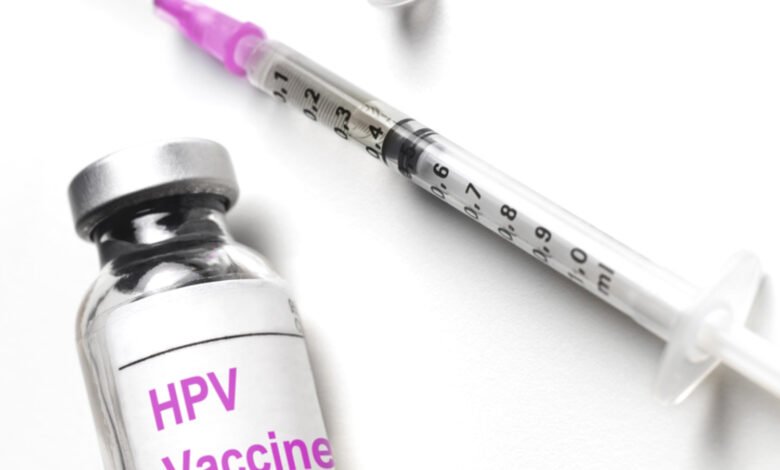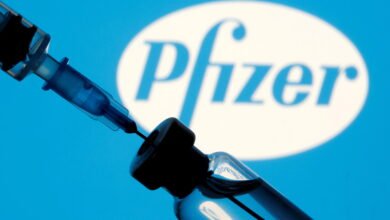The HPV vaccination program reduced cervical cancer by 87%
The HPV vaccination program has reduced cervical cancer in women by nearly 90%, according to a new study.

As initial evidence that the program can save lives, the Cancer Research UK-funded study found that cervical cancer rates were 87% lower in women who were offered the vaccine between the ages of 12 and 13 (now in their 20s) was unvaccinated than in other populations.
The researchers said the rare cases in this age group dropped from around 50 per year to just five.
The rate of cervical cancer also decreased by 62% in vaccinated women between 14 and 16 years of age and 34% in women between 16 and 18 years of age when the vaccination was introduced.
Read also
Google Pays Tribute to Charles K. Kao, ‘Father of Fiber Optics’
Corona Virus is not tired even after two years, a new variant has arrived
experts analyzed data from the human papillomavirus (HPV) vaccination program with the Cervarix vaccine, which was given to girls by the NHS from 2008 to September 2012 for girls and boys aged 12 and 13.
The new study was able to use data to estimate that there were approximately 450 fewer cases of cervical cancer in June 2019 (up to 374 cases in 2016-2018) and 17,200 fewer cases of cervical cancer (precursors of cancer) than expected in those who vaccinated against HPV in England.
The study found a 97% decrease in precancerous cell changes in vaccinated women between 12 and 13 years of age, 75% in vaccinated women between 14 and 16 years and 39% in vaccinated women between 16 and 18 years of age.
experts assume that without vaccination almost 36,000 women could have been affected by the costs of precancerous changes.
The researchers said the results, published in the medical journal The Lancet, provide the world’s first direct evidence of cervical cancer prevention with a vaccine against two types of HPV, which is the virus that causes it.
Cancer Research UK said results are better than expected and that vaccines combined with screening could make cervical cancer a rare disease.
Professor Peter Sasieni, lead study author, from King’s College London, said: “It was amazing to see the effects of HPV vaccination and now we can show that it saved hundreds of women in England from developing cancer.

